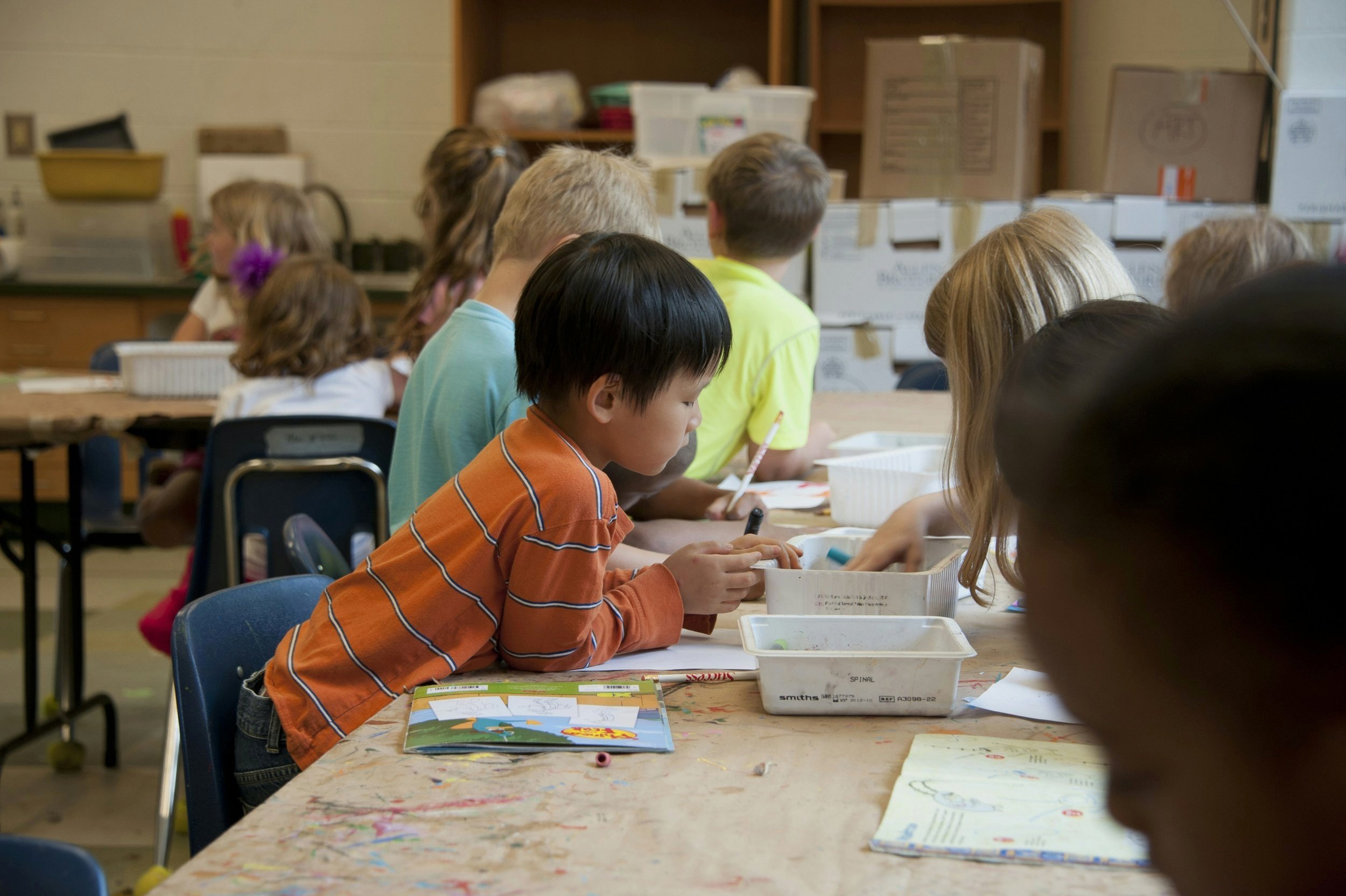
Research, articles, podcasts and media
Latest Articles
Peer parental advocacy: a narrative review of the literature
The purpose of this paper is to critically examine the current state of literature on peer parental advocacy, offering practical insights and ideas for researchers and practitioners interested in this evolving field.
Mechanisms for Support: A Realist Evaluation of Peer Parental Advocacy in England
This realist-informed study considered how a newly implemented PPA programme supported parents in two English Local Authorities. Our findings highlight the unique role peer advocates can play as a resource to influence decision-making, power relations and working relationships between professionals and parents. This article presents our final programme theory, which identifies four key mechanisms that support perceived effectiveness in PPA implementation…
How are policies implemented in children's services? Developing an initial programme theory to evaluate the implementation of the new Child Sexual Exploitation guidance in Wales
Although children's social care is an area rich in guidance, there is very little research looking at the implementation of new policies in the United Kingdom. In this article, we report on the first stage of a realist evaluation of the implementation of the new Safeguarding Children from Child Sexual Exploitation guidance in Wales. We discuss the development of an initial programme theory, for which we conducted semi-structured interviews with practitioners and managers in three local authorities. We developed programme theories across three areas: policy nature and development, implementation plans and organizational context.
The Perceived Impact of Peer Parental Advocacy on Child Protection Practice
Peer parental advocacy (PPA) is a form of peer advocacy whereby parents with lived experience of the child protection system support other parents to navigate and engage with it (Tobis, Bilson & Katugampala, 2020). Proponents of PPA suggest that it has the potential to promote more shared decision-making, improved relationships between social service professionals and families, and enable increased participation by parents…






